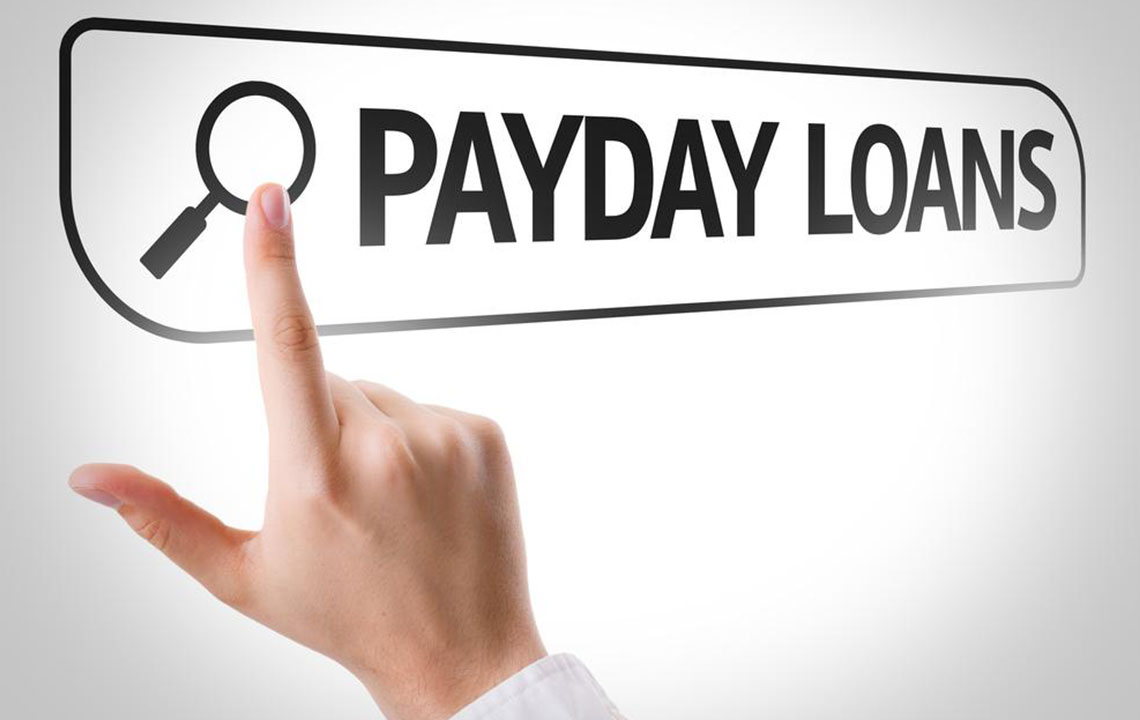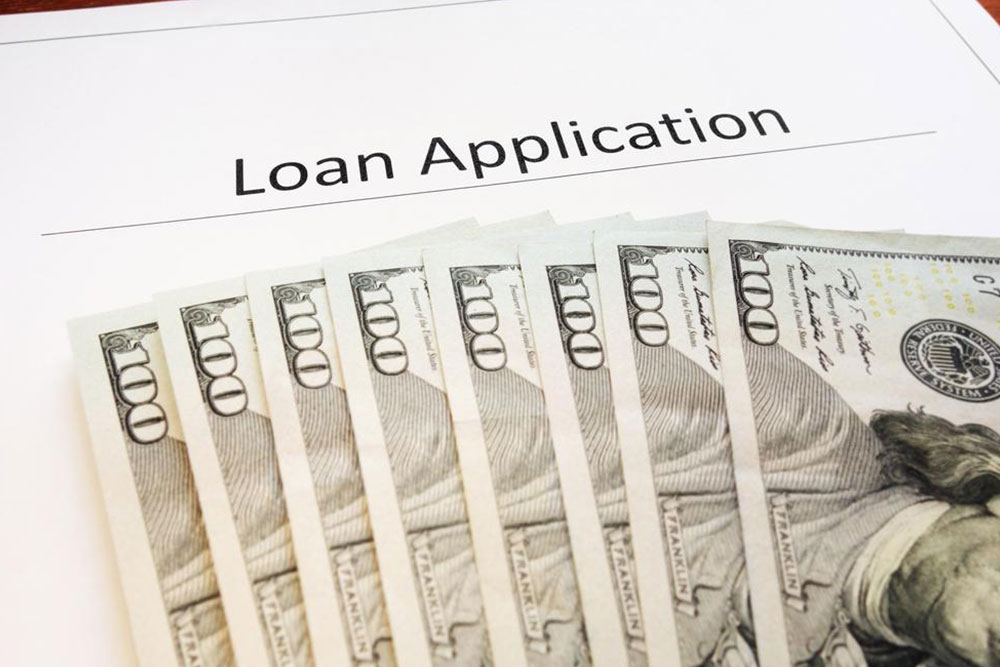Risks and Drawbacks of No-Credit-Check Payday Loans
This article highlights the risks associated with no-credit-check payday loans, including cycle borrowing, high-interest rates, and default consequences. It emphasizes caution and responsible borrowing, warning against potential debt traps and financial instability. Understanding these drawbacks helps consumers make informed financial choices, especially during emergencies, to avoid falling into debt cycles that can severely impact their financial health.

Risks and Drawbacks of No-Credit-Check Payday Loans
Payday loans are a quick solution for individuals needing immediate funds without the need for a credit check. To obtain one, applicants typically only need to provide ID, proof of steady income, and bank details. These small loans, usually around $500, are expected to be repaid with the next paycheck, including interest. While accessible, payday loans come with significant risks, often leading borrowers into costly debt cycles. Many lenders intentionally create scenarios that encourage multiple borrowing.
It’s essential to exercise caution when considering payday loans.
Recurring short-term borrowing
The convenience of payday loans can trap borrowers in a continuous cycle of borrowing. These loans should only be used during emergencies. If a borrower struggles to repay, lenders may offer additional loans at extra costs. According to CFPB research, 80% of borrowers take out multiple payday loans within a month, often ending up with ten or more. This increases debt risks.
This cycle can severely damage financial stability.
High interest rates
Though the initial interest may seem manageable, it can translate into an APR of over 780%, trapping borrowers in debt. For example, a $30 interest on a $100 loan sounds reasonable, but the actual rate is exceedingly high, making repayment challenging.
Loan default consequences
If repayment is impossible, borrowers may face bank account withdrawals, garnished wages, or repossession of possessions. Debt collectors may also harass borrowers, with nearly 20% experiencing such issues, says CFPB.










